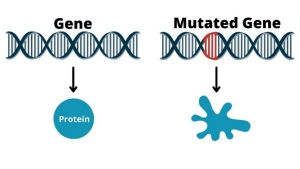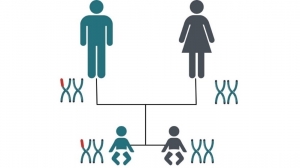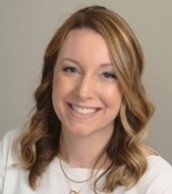Unlike our other services, you do NOT need a referral. Begin by completing our five-minute, confidential survey.
If you would like to further discuss your results or schedule an appointment for genetic counseling, you can ask your provider during your visit or contact us at 315.472.7504 and press #2.
After meeting with one of our genetic counselors, we draw a small blood sample and send it to another facility for analysis. You can expect your results in three to four weeks.
Appointments are available at the East Syracuse and Onondaga Hill locations.


 understand your risks and make recommendations to more appropriately manage your healthcare.
understand your risks and make recommendations to more appropriately manage your healthcare.
 Kathy Snyder, FNP
Kathy Snyder, FNP Kristen Weiler, FNP, CGRA
Kristen Weiler, FNP, CGRA 

